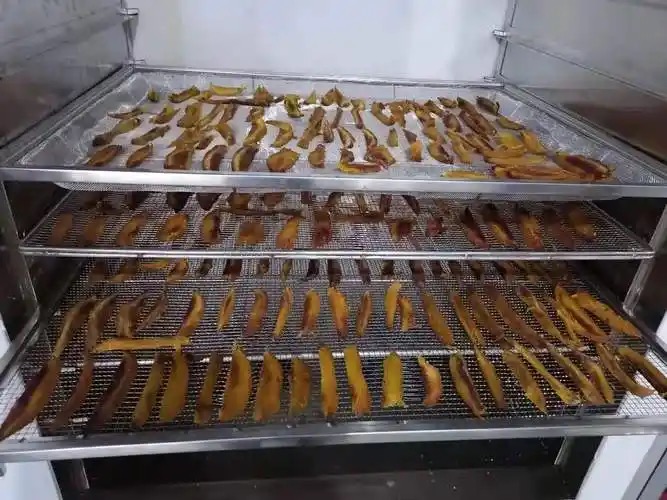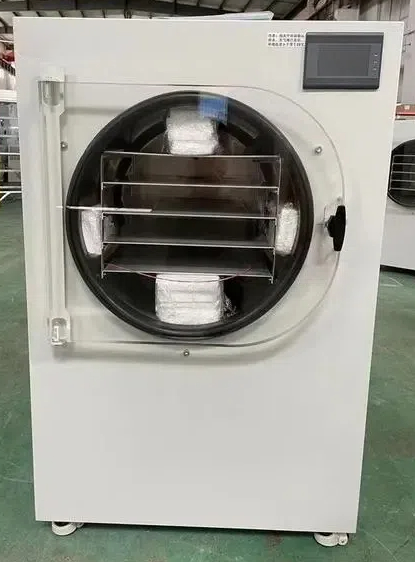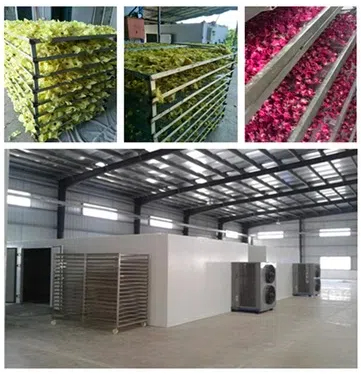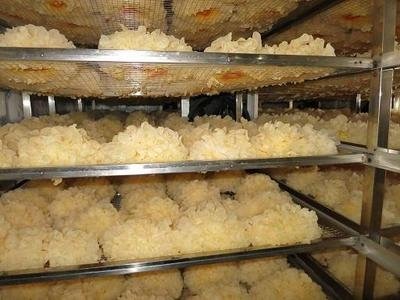
Content Menu
● Understanding Heat Pump Dryers
>> How Heat Pump Dryers Work
● Understanding Condensation Dryers
>> How Condensation Dryers Work
● Comparing Drying Times
>> Drying Time of Heat Pump Dryers
>> Drying Time of Condensation Dryers
● Factors Affecting Drying Time
● Energy Efficiency
● Performance and Fabric Care
>> Noise Levels
● Maintenance Considerations
>> Cost Considerations
● Conclusion
● Frequently Asked Questions
>> 1. What is the average drying time for a heat pump dryer?
>> 2. Are heat pump dryers more energy-efficient than condensation dryers?
>> 3. Can I dry delicate fabrics in a heat pump dryer?
>> 4. What factors can affect drying time?
>> 5. Is it better to use a condensation dryer for quick drying?
Understanding Heat Pump Dryers
Heat pump dryers are known for their energy efficiency and gentle drying capabilities. They work by using a heat pump to recycle hot air within the dryer. This process allows the dryer to operate at lower temperatures, which is gentler on fabrics and helps to preserve the quality of your clothes.

How Heat Pump Dryers Work
Heat pump dryers utilize a closed-loop system. The dryer draws in air from the drum, heats it using a heat pump, and then circulates it back into the drum. As the warm air passes over the wet clothes, it absorbs moisture. The moist air is then sent to a condenser, where the moisture is removed, and the dry air is recirculated. This process not only saves energy but also reduces drying time compared to traditional dryers.
Understanding Condensation Dryers
Condensation dryers, on the other hand, operate differently. They also use a closed-loop system but rely on a heating element to warm the air. The warm air is then blown into the drum, where it absorbs moisture from the clothes. The moist air is then cooled in a condenser, turning the moisture into water, which is collected in a tank or drained away.
How Condensation Dryers Work
In a condensation dryer, the process begins with the heating element warming the air. This hot air is circulated through the drum, where it picks up moisture from the wet clothes. The moist air is then passed through a condenser, where it cools down, causing the moisture to condense into water. This water is either collected in a tank or drained away, allowing the dryer to continue operating without needing to vent outside.

Comparing Drying Times
Drying Time of Heat Pump Dryers
Heat pump dryers typically take longer to dry clothes compared to condensation dryers. This is primarily due to their lower operating temperatures. While this gentler drying process is beneficial for fabric care, it can extend the overall drying time. On average, a heat pump dryer may take anywhere from 2 to 4 hours to dry a full load of laundry, depending on the fabric type and moisture level.
Drying Time of Condensation Dryers
Condensation dryers, in contrast, tend to have shorter drying times. They operate at higher temperatures, which can lead to quicker moisture removal. A typical condensation dryer can dry a full load of laundry in about 1.5 to 3 hours. However, the higher temperatures can be harsher on delicate fabrics, potentially leading to wear and tear over time.
Factors Affecting Drying Time
Several factors can influence the drying time of both heat pump and condensation dryers:
1. Load Size: Larger loads will naturally take longer to dry. It’s essential to avoid overloading the dryer, as this can impede airflow and prolong drying times.
2. Fabric Type: Heavier fabrics, such as towels and blankets, will take longer to dry than lighter fabrics like t-shirts and underwear.
3. Moisture Level: The initial moisture content of the clothes will also affect drying time. Clothes that are soaked will take longer to dry than those that are merely damp.
4. Dryer Settings: Most dryers come with various settings for different fabric types. Using the appropriate setting can optimize drying time and efficiency.
5. Room Temperature and Humidity: The environment in which the dryer operates can also impact drying times. Higher humidity levels can slow down the drying process.
Energy Efficiency
While drying time is an important factor, energy efficiency is another critical consideration when choosing between heat pump and condensation dryers. Heat pump dryers are generally more energy-efficient than condensation dryers. They use less electricity due to their lower operating temperatures and the ability to recycle hot air. This efficiency can lead to significant savings on energy bills over time.
Performance and Fabric Care
When it comes to fabric care, heat pump dryers have a distinct advantage. The lower drying temperatures help to prevent shrinkage and damage to delicate fabrics. This makes them an excellent choice for households with a variety of clothing types, including items that require special care.
In contrast, while condensation dryers can dry clothes faster, the higher temperatures can lead to fabric wear over time. For example, items like wool or silk may not fare well in a condensation dryer, as the heat can cause them to lose their shape or texture.
Noise Levels
Another aspect to consider is the noise level of the dryers. Heat pump dryers tend to operate more quietly than condensation dryers. This is particularly beneficial for those living in apartments or smaller homes where noise can be a concern. The quieter operation of heat pump dryers can make them a more appealing option for nighttime drying or for use in shared living spaces.
Maintenance Considerations
Both types of dryers require maintenance, but the specifics can vary. Heat pump dryers generally need periodic cleaning of the heat exchanger and the lint filter to maintain efficiency. Condensation dryers also require regular cleaning of the condenser unit and the water tank if it is not directly drained.
Cost Considerations
When considering the cost of these dryers, heat pump dryers often have a higher upfront price compared to condensation dryers. However, the long-term savings on energy bills and the potential for less wear on clothing can make heat pump dryers a more economical choice over time.
Conclusion
In summary, heat pump dryers and condensation dryers each have their advantages and disadvantages when it comes to drying time. Heat pump dryers are more energy-efficient and gentler on fabrics, but they typically take longer to dry clothes. Condensation dryers, while faster, can be harsher on delicate items and may consume more energy.
When choosing between the two, consider your specific needs, including the types of fabrics you frequently dry, your energy efficiency goals, and how much time you can dedicate to laundry.

Frequently Asked Questions
1. What is the average drying time for a heat pump dryer?
Heat pump dryers typically take between 2 to 4 hours to dry a full load of laundry.
2. Are heat pump dryers more energy-efficient than condensation dryers?
Yes, heat pump dryers are generally more energy-efficient due to their lower operating temperatures and ability to recycle hot air.
3. Can I dry delicate fabrics in a heat pump dryer?
Yes, heat pump dryers are gentler on fabrics, making them suitable for delicate items.
4. What factors can affect drying time?
Load size, fabric type, moisture level, dryer settings, and room temperature/humidity can all impact drying time.
5. Is it better to use a condensation dryer for quick drying?
Yes, condensation dryers tend to have shorter drying times, but they may be harsher on delicate fabrics.












